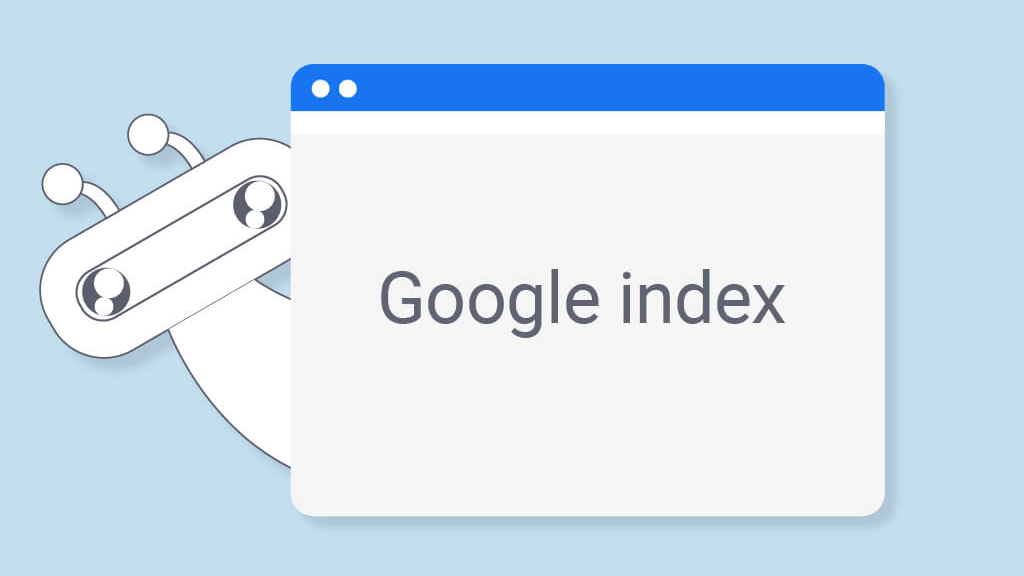Instances where Google will Remove a Page: What you need to know

Google, as the largest search engine in the world, takes its responsibility to deliver accurate and relevant results very seriously. However, there are some instances where Google may remove a page from its index. In a recent post, Danny Sullivan, a Google representative, provided some clarity on when and why Google will remove pages from its index. In this article, we will explore those instances in more detail.
Keywords: Google, remove, page, law, personal, violation, copyright
- Why Google Removes Pages As mentioned, there are two primary reasons why Google will remove a page from its index. Firstly, if the content violates the law, such as with copyright violations, child sex abuse material, or if it contains illegal content, it will be removed from the index. The second reason is if the content is highly personal, such as with personal information removal requests or sites with exploitative materials.
- Laws and Regulations In terms of laws and regulations, they vary depending on the location. For example, defamation laws may differ from country to country, which can affect whether a particular piece of content is deemed illegal. Google must navigate these differences in laws to ensure compliance with each region’s legal requirements.
- Copyright Violations Copyright violations are another reason why Google may remove a page from its index. However, it can be challenging to confirm copyright infringement unless it is reported. When Google receives valid copyright removal requests, they will remove the content from the index.
- Personal Information Removal Google has a policy for personal information removal requests. For example, if an individual’s social security number or credit card information is posted online without their consent, they can request Google to remove it from the index. Similarly, sites with exploitative materials, personal threats, and doxing will be removed from the index.
- Site-Wide Issues In cases where a site has a high volume of valid copyright removal requests, Google may demote the entire site in search results. However, this is not a scalable option, and therefore, eliminating inappropriate content page by page or denying access to the entire site cannot be considered an ideal solution.
- Reported Content Google mostly relies on reported content to determine if a page violates their policies or not. Therefore, it is essential to review the content carefully before reporting it. Even if the content gets removed from Google’s index, it may not be entirely removed from the web.
- What You Can Do Before reporting any type of content, it is crucial to evaluate the content carefully to determine whether it violates any laws or regulations. You must ensure that the content you report is not misinterpreted, as it may have consequences for both you and the website owner.
Conclusion
Google takes its responsibility to deliver accurate and relevant search results seriously. However, it is important to understand the reasons why a page may be removed from the index to ensure compliance with Google’s policies. While Google relies on reported content to determine whether a page violates their policies, it is crucial to carefully evaluate the content before reporting it. Ultimately, by following these guidelines, you can help maintain the integrity of Google’s search results and ensure that users receive the best possible experience.
Recommended Posts

Malta’s Laws Overview
July 5, 2024

The Impact of Regulations on Casino Bonuses
July 5, 2024



